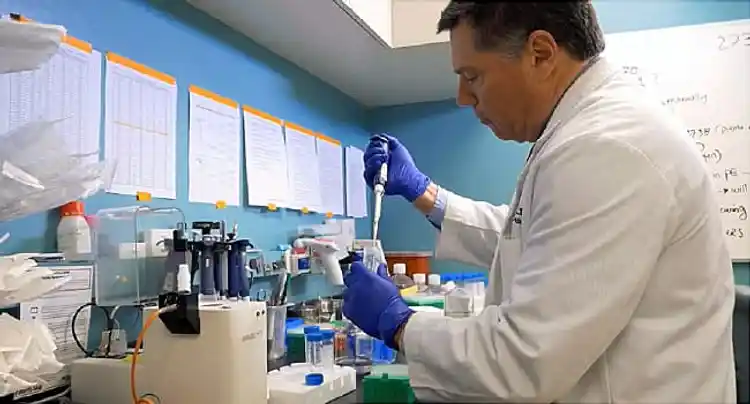Precision Medicine Success Stories

Hide Video Transcript
Video Transcript
DR. KEN PIENTA
Precision medicine is all about the right medicine for the right patient at the right time. It's changing the whole field of medicine. The traditional way we treat somebody with metastatic cancer is to give them chemo therapies that have a lot of toxicities. They make your hair fall out, they may make you sick to your stomach. If we sequence their cancer and find a specific mutation, we can give them a drug that inhibits the cell growing because of that mutation. And that's a perfect example of precision medicine, because we're giving the right drug to the right patient at the right time. That means we can spare them all the side effects of chemotherapy. That can lead to patients going into remission -- can help them live much longer. Precision medicine is much, much more than simple sequencing your genome. In diabetes care, 5 years ago, patients were sticking their finger 2, 3, 4, 5 times a day to try and monitor their blood glucose and then give the right dose of insulin. Now there are devices that are implantable that continually monitor blood sugar. So precision medicine successes -- clearly cancer has been a success. Insulin control has been a success. In the future, as we get better at predicting disease states, as we get better at saying, you're at risk for this disease to happen, we actually, I think the promise of precision medicine is to intervene in a way that prevents the patient from getting sick in the first place. 